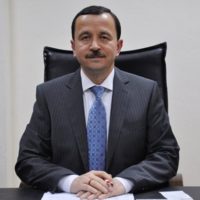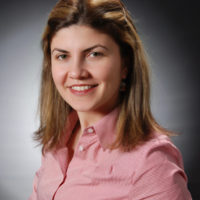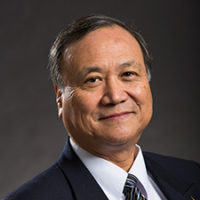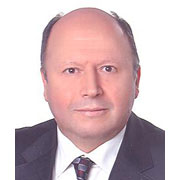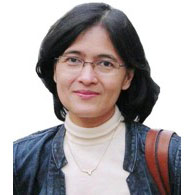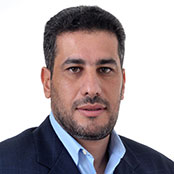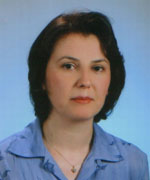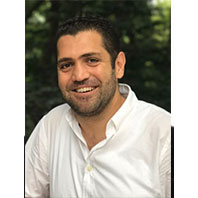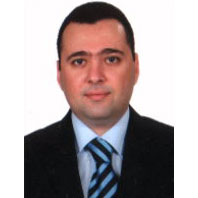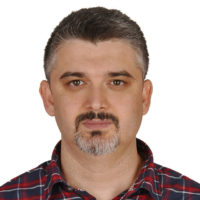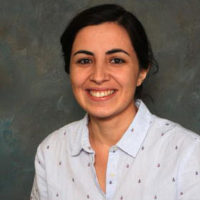
Dimitris Drikakis
Professor Dimitris Drikakis is the Vice President for Global Partnerships at the University of Nicosia, Cyprus, and has a joint professor’s appointment in the School of Sciences and Engineering, and Medical School. Prior to that, he held academic and executive posts as Professor, Executive Dean, and Head of Department at various UK universities over a period of 24 years.
He was the Executive Dean (Engineering) and Professor of Engineering Science at the University of Strathclyde, Glasgow (2015-2018); Head of Aerospace Sciences at Cranfield University and Professor of Fluid Mechanics & Computational Science (2003-2015); Professor of Fluid Mechanics at the Queen Mary University of London (till 2003); and has also held academic positions at the University of Manchester; University of Erlangen-Nuremberg, Germany; and University of Marseille, France.
His research is multidisciplinary and covers topics of fluid dynamics (particularly compressible flows), computational fluid dynamics, acoustics, computational science, and nanotechnology (particularly fluid/solid interfaces). His work aims to address the reduction of uncertainty through a better understanding of computational science methods and the development of physics-based models. He has been active in both fundamental and applied research across Engineering and Applied Physics, including Aerospace, Mechanical, Nuclear (Defence and Fusion), and Oil and Gas Applications. His work has directly influenced areas as diverse as improved understanding of complex aerodynamic and gas-dynamic flows, turbulent mixing in inertial confinement fusion, and novel gas filtration nanotechnologies using carbon nanotubes.
He has received: 1) The William Penney Fellowship Award (twice in 2008 and 2011) by the Atomic Weapons Establishment (AWE Plc) in recognition of his contributions to compressible fluid dynamics. 2) The Innovator of the Year Award (2014) by the Innovation Institute for a new generation carbon capture technology that uses carbon nanotubes for filtering out carbon dioxide and other gases at low or zero energy cost. This platform technology has the potential to be used across a wide range of applications in the power generation, automotive, aerospace, chemical, marine, and built environment sectors. 3) The Technical Achievement Award at the International Conference on Mathematical Problems in Engineering, Aerospace, and Sciences.
To date, he has co-authored two books in the field of computational fluid dynamics and has published 400 papers in journals and conference proceedings. He has graduated 45 Ph.D. students who now hold positions in academia and industries around the world. He has also been an Assoc. Editor of Computers and Fluids; ASME Journal of Fluids Engineering; The Aeronautical Journal of the Royal Aeronautical Society; Journal of Computational and Theoretical Nanoscience; on the advisory board of Physics of Fluids; as well as a member of editorial board in several other journals in the fields of Engineering, Applied Mathematics, Applied Physics and Nanotechnology.
He has served on the Fluid Dynamics Technical Committee of the American Institute of Aeronautics and Astronautics (AIAA); has been a member of the Board of Directors of the European Aeronautics Science Network (EASN); currently: Member and Deputy Chair of the European Research Council (Engineering) panel; an expert evaluator for the European Commission; Chair of the academic panel of the UK’s Oil and Gas Technology Centre (OGTC).





